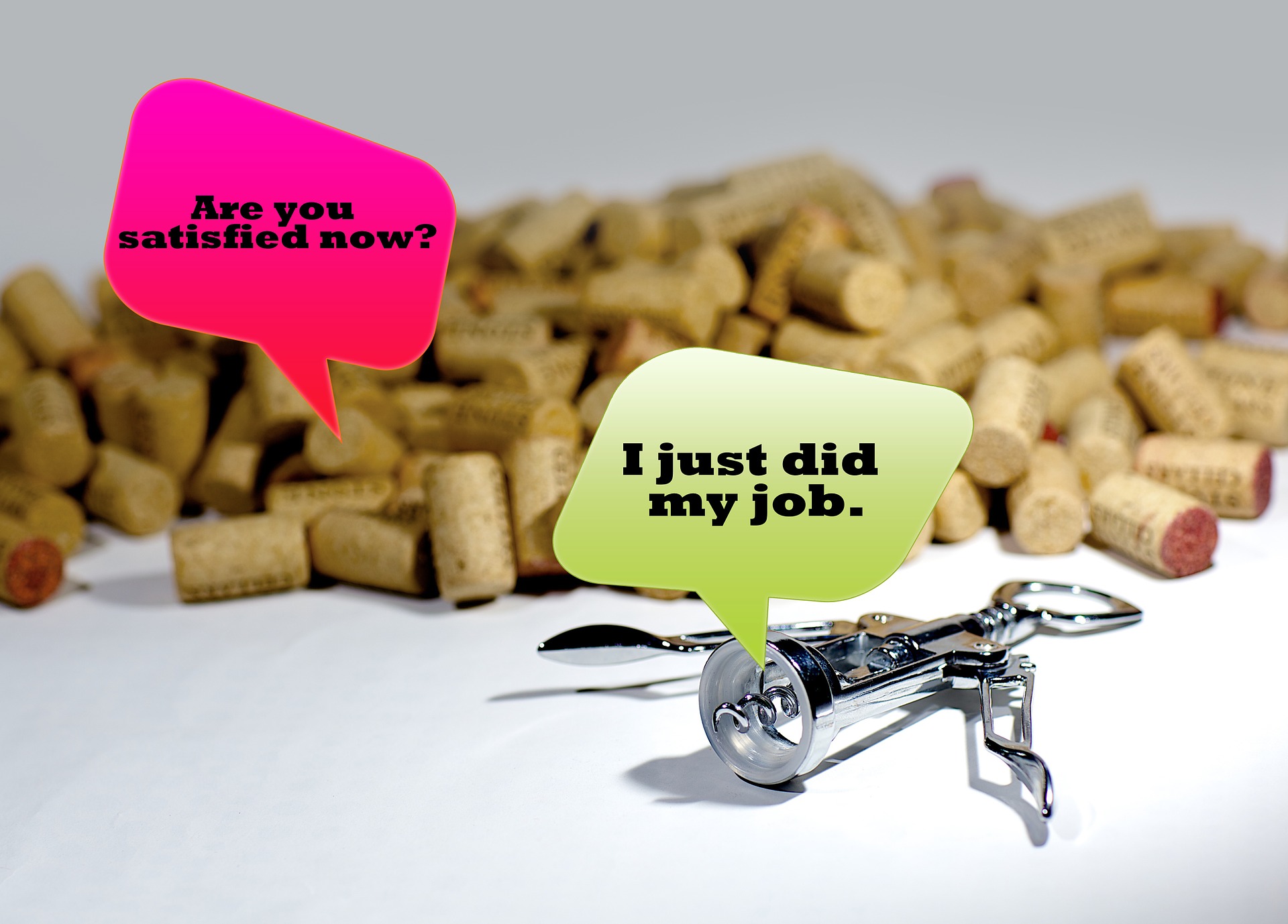
Millennials are a bit misunderstood.
Not that I say I am, but can relate to this generation, way better than most people would do in my shoes.
Especially when you look at them in the context of changing jobs way too many times than sometimes warranted. And when Employers ask all those very tightly gripped serious questions in the guise of displaying curiosity with a dash of humor, you know you need to answer them in a way that is candid yet mirroring what exactly they want [correct: need] to hear.
And the question. ‘why did you leave this company, again’ calls for a very well-prepared answer from the candidates, who would need to practice their ‘quitting’ spiel every time that question is asked by the employer.
So this scenario teaches the candidate a lot about personal branding – when moving from one job to the other in search for an ideal mix of job satisfaction, challenge, and good pay.
This inadvertent (most of the times) job hopping stems from the scenario of either:
- Not finding the right role at an early age right after graduating from college. This is because the candidate is fresh and has raw talent with no prior experience to enter the corporate world with his aspiring job in hand. He gets what he ‘gets’.
- Or: the candidate has many baby passions to tend to, and work for, which he doesn’t find in one job for a very long time.
- Or: the candidate’s interest is way too fleeting to make it consistent for a very long time in the job he is in.
- Or: the candidate learns about the tricks and trade of the industry way in advance and grows faster than other people.
- Or: sometimes the candidate has a very high EQ, which is isn’t adequately met by the company or its culture in the right manner.
- Or: the candidate just simply wants to try new things in life without regard to how it will look on his resume.
- Or: the candidate doesn’t find the company competitive enough to retain him on a permanent payroll. (I will talk more about this in my next post.)
The reasons could be many, but what recruiters and hiring managers deduce is this one common perception: that this candidate cannot be a fit for our company just like he wasn’t for others.
And to change this perception every single time the candidate heads to a new company interview and works hard to take though the employer with his very missing-piece-puzzle kind of story.
But somewhere between these hoppings, the candidate unearths his real reservoir of talent, skills, and approach to figure out what would be the right fit for him. Maybe with some writing exercises via filling the requisite buckets of his dream job companies, what skills he has acquired over a period of time, what has he learned from leaving companies that weren’t aligned with his long term career goals, he can design his personal branding narrative.
And the good part is that the candidate learns a lot of selling his candidature and his learning lessons on his resume with finesse and ‘apt’ rationale behind not continuing those jobs for a long time.
In my e-book, Personal branding manifesto called you, 21 actionable ways to boost your brand, which you will find on my Web site, I mentioned the importance of disrupting yourself as articulated by Whitney Johnson, here. You may not be following a traditional career path, but you will be on your way to define your own personal disruptive career journey to others by letting your own career strategy emerge over a period of time.
The very jobs that act as a deterrent or a sign of halt on your resume can become your personal branding narrative while connecting the disruptive dots in your career.
But let’s say you are moving jobs in the same industry – you will be able to display your passion for excellence and consistency (even though you are inconsistent) by articulating your deep knowledge about the industry instead of the company you worked for. Hints: start blogging!
So what is important is to understand the root causes of job switches instead of blaming the candidate for being inconsistent.
We shouldn’t be misunderstood for being edgy, enterprising and naturally curious! After all the coming generations will witness this trend more often than before.
Agree?

